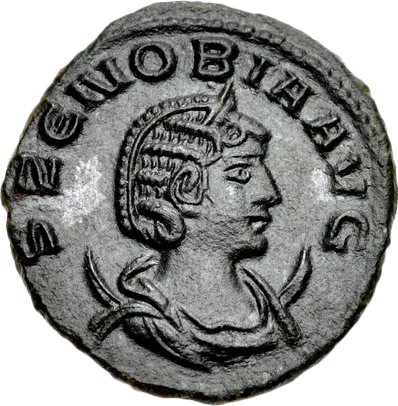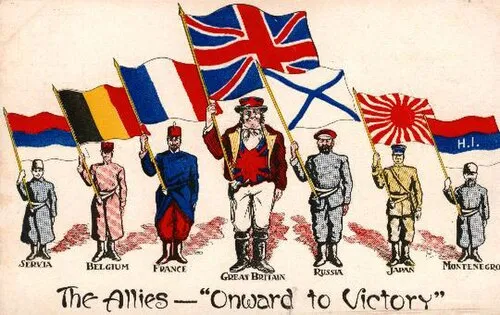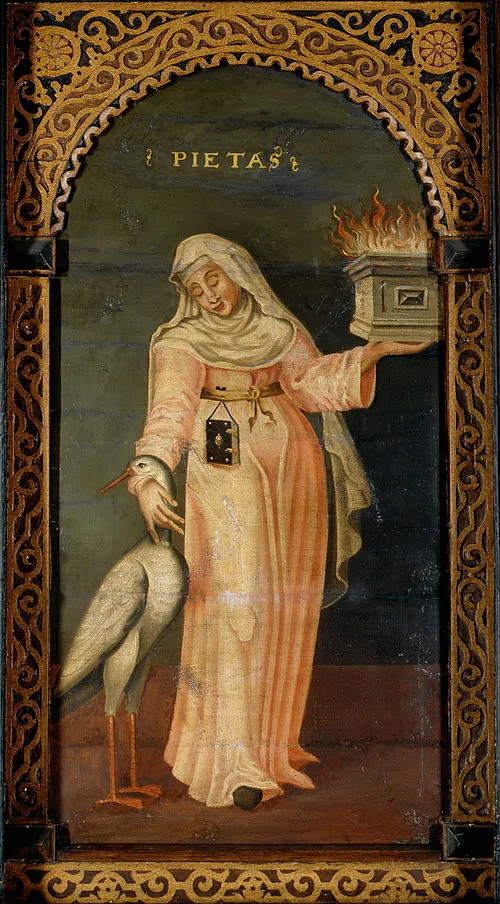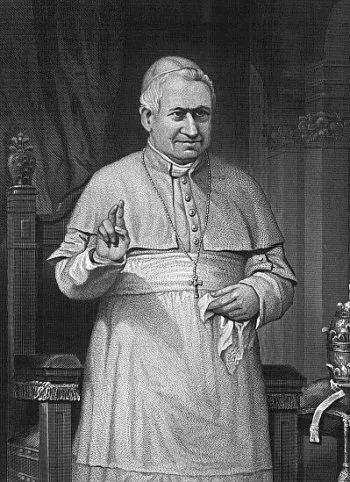
Exploring Zenobios and Zenobia: A Journey into the Ancient World
Zenobios is a name steeped in history and intrigue, closely associated with the notions of wisdom and virtue. Similarly, Zenobia, a queen of enormous cultural significance, reigns in the annals of history. This article delves into both, illuminating their historical context and importance.
Who Was Zenobios?
Zenobios, often considered a figure from antiquity, is primarily recognized in philosophical and literary texts. While detailed records about him can be sparse, his contributions resonate through philosophical debates about ethics, governance, and morality. Ancient scholars often cited Zenobios for his profound insights into human behavior and society.
The Legacy of Zenobia
Zenobia, on the other hand, was the formidable queen of the Palmyrene Empire in the 3rd century. Known for her intelligence and military prowess, Zenobia challenged the Roman Empire, making her one of the most notable female rulers in history.
Her reign was marked by cultural flourishing and expansion of her kingdom, as she sought to unify and strengthen her realm amid increasing threats from Rome. Her most famous venture was to declare Palmyra’s independence from Roman rule.
Zenobia’s Challenge to Rome
Zenobia's military strategies are still studied today. She led her armies into battle with courage and tactical brilliance. Her most significant victory came in the Battle of Emesa, where she defeated the Roman governor, further solidifying her power. Zenobia eventually conquered parts of Egypt and declared herself queen, expanding her influence further.
Cultural Impact
Zenobia’s legacy transcends her military conquests; she is also credited with promoting commerce and the arts in Palmyra. Under her rule, the city became a cultural hub of trade, connecting the East and West. She was well-versed in multiple languages and is often depicted in historical texts as a patron of scholars and artists.
Art and Literature Depictions of Zenobia
The figure of Zenobia has inspired countless artists and writers over centuries. From paintings to novels, her tale resonates with themes of female empowerment and rebellion against tyranny. Playwrights and poets have immortalized her story, creating works that reflect the complexities of her character and reign.
The Fall of Zenobia
Despite her successes, Zenobia’s reign came to an abrupt end when she was eventually defeated by the Roman Emperor Aurelian in 273 AD. Captured and paraded in a Roman triumph, her life took a tragic turn. However, tales of her valor and intellect lived on, inspiring future generations.
Zenobios and Zenobia: A Symbol of Wisdom and Strength
Both Zenobios and Zenobia symbolize profound attributes—wisdom and strength, respectively. While Zenobios encourages us to reflect on the ethical frameworks guiding our actions, Zenobia imparts the importance of resilience and leadership. Their stories remind us of the rich tapestry of human history and the powerful figures that shaped it.
Conclusion
In summary, the tales of Zenobios and Zenobia serve as crucial reminders of the intellectual and cultural richness of the ancient world. Zenobios inspires a quest for wisdom while Zenobia exemplifies the strength and spirit of female leadership in a patriarchal era. Together, they contribute to our understanding of historical dynamics and the people who influenced them. As we explore their legacies, we gain insights that continue to resonate in today's world.






